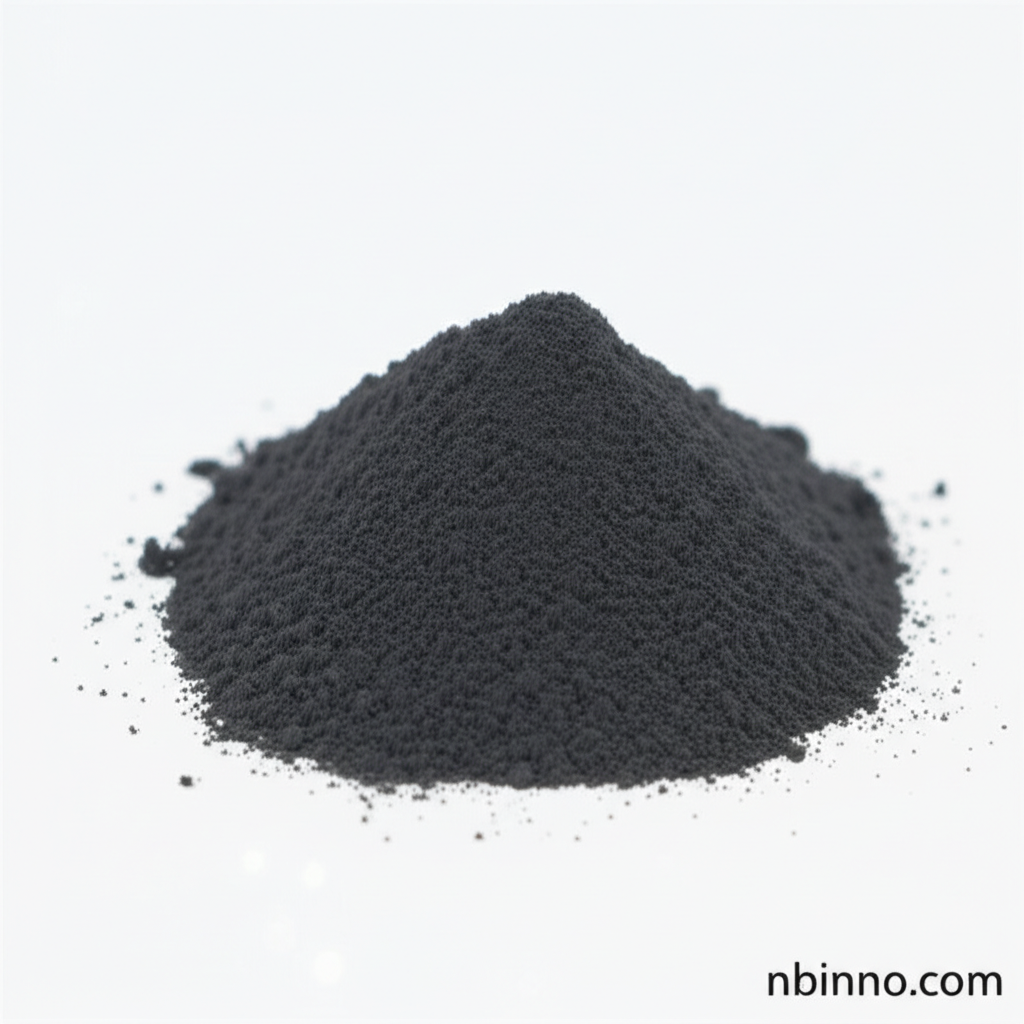2-Chloronicotinic Acid: A Vital Intermediate for Pharmaceutical and Agrochemical Innovation
Unlock new possibilities in drug discovery and crop protection with this essential chemical building block.
Get a Quote & SampleProduct Core Value

2-Chloronicotinic Acid
2-Chloronicotinic Acid is a highly versatile chemical compound, widely recognized for its pivotal role as an intermediate in the synthesis of critical pharmaceuticals and potent agrochemicals. Its unique chemical structure makes it an indispensable building block for creating complex molecules that drive advancements in healthcare and agriculture.
- As a key 2-chloronicotinic acid intermediate, it facilitates the synthesis of vital active pharmaceutical ingredients (APIs), contributing to the development of life-saving and therapeutic drugs.
- This compound serves as an essential pesticide intermediate for nicosulfuron and diflufenacil, enabling the production of effective herbicides that enhance crop yields and food security.
- The specific structure of 2-chloronicotinic acid allows for precise chemical modifications, making it a preferred choice for researchers and manufacturers in various complex organic synthesis pathways.
- Its high purity and consistent quality, typically above 99%, ensure reliable and reproducible results in demanding chemical processes, supporting innovation in drug discovery and crop protection.
Key Advantages
Versatile Synthesis Applications
Leverage the reactivity of 2-chloronicotinic acid in complex organic synthesis to create novel compounds for pharmaceuticals and agrochemicals, making it a valuable component in your research and development efforts.
Enhances Pharmaceutical Efficacy
As a critical pharmaceutical intermediate, it contributes to the development of drugs with improved therapeutic profiles, supporting the creation of effective treatments for various health conditions.
Supports Advanced Agrochemicals
Utilize its role as a pesticide intermediate to synthesize next-generation herbicides and crop protection agents, thereby boosting agricultural productivity and sustainability.
Key Applications
Pharmaceutical Manufacturing
Crucial for synthesizing APIs, including anti-inflammatory agents like pralofen and mefenamic acid, and other vital medications. This makes it a sought-after pharmaceutical intermediate.
Agrochemical Development
Serves as a vital intermediate for herbicides such as nicosulfuron and diflufenican, contributing to advanced crop protection solutions and improved agricultural outcomes.
Organic Synthesis
A fundamental building block in diverse organic synthesis pathways, enabling chemists to construct complex molecular architectures for various industrial and research purposes.
Specialty Chemical Production
Its unique chemical properties make it suitable for the creation of specialty chemicals used in niche applications across different industries, demanding high-purity intermediates.
